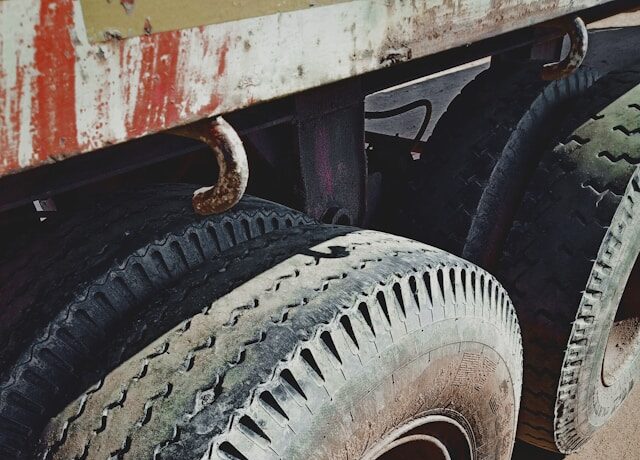Selecting the proper truck tires doesn’t have to be difficult, although it sometimes seems that way. Whether you drive a truck for everyday duties, travel long distances, or are a weekend warrior, the tires you choose have a significant impact on the performance and safety of your car. They have an impact on handling, comfort throughout the ride, and fuel economy.
Imagine navigating a difficult terrain without fear or speeding along the highway with assurance. Having the appropriate tires allows for all of this! How can one go through the plethora of alternatives on the market today to choose which one best meets their needs? Do not worry; we have you covered. This comprehensive guide will help you choose the ideal truck tires for your particular needs, step-by-step. Together, let’s go on this vital trip!

Recognising the Value of Selecting the Correct Truck Tires
Choosing truck tires is an important decision that may have a big influence on how you drive. Since your tires are the only part of your car that comes into touch with the road, choosing them carefully is essential for safety. A well-chosen truck tyres improve stability and traction, particularly in variable weather. They increase braking effectiveness and help avoid skids. Additionally, by lowering rolling resistance, high-quality tires improve fuel efficiency.
Additionally, choosing the proper kind will prolong tire life and ultimately save you money. Appropriate solutions based on your driving style may help reduce regular wear patterns. Ignoring this crucial component might result in expensive repairs or hazardous driving conditions. Every trip will be easy and secure if you take the time to understand your unique demands.
Varieties of truck tires that are sold
Variety is crucial when venturing into the realm of truck tires. Every kind is made to fit certain needs and driving circumstances. All-season tires provide flexibility. Many truck owners choose them because they work well in mild conditions. Their well-balanced tread pattern offers comfortable driving on highways and respectable grip on wet roads. Mud-terrain tires are a need for everyone who goes off the trail. They perform well on difficult terrain where grip is essential because of their aggressive tread patterns. With confidence, drivers can manoeuvre through loose gravel and muck.
Low rolling resistance tires are a good option if fuel economy is important to you. By lowering energy waste during tire rolling on the road, they increase mileage. Commercial heavy-duty tires are a good option for loads that need more durability and support. They are designed to tolerate high pressure without sacrificing functionality or security.
Which Is Better, Highway Terrain or All-Terrain?
The manner you utilise your vehicle will determine whether you choose highway terrain or all-terrain tires. All-terrain tires are adaptable. They function well on regular roads and can withstand tough off-road situations. They are thus a favourite among daring drivers. Highway terrain tires, on the other hand, are made to work best on smooth surfaces. These can be a better choice if you drive mostly on city streets or highways. They provide calmer rides and improved fuel economy.
When choosing, think about your usual travels and activities. Do you often go into difficult terrain? Or do you mostly cruise around cities? Knowing where you want to drive will help you choose the ideal tires for your needs and way of life. There is a perfect fit for every driver out there since each has qualities suited to various demands.

How to Take Care of and Maintain Your Truck Tires?
Upkeep of your truck’s tires is necessary for durability, performance, and safety. You should include regular inspections into your work. Examine the sidewall for any cracks or uneven tread as indicators of deterioration. It’s time to see a specialist if you detect anything strange. Another important component is proper inflation. Tires that are either too or under inflated may result in blowouts and decreased fuel economy. For information on the ideal pressure levels, always consult the manufacturer’s guidelines. Rotation is also very important. Maintaining uniform tire wear on all four wheels may be achieved by rotating your tires every 5,000 to 8,000 miles. Certain parts of the car may deteriorate more quickly than others depending on where you are in relation to it.
Additionally, don’t ignore alignment. Misalignment may have a detrimental effect on handling and hasten the degradation of tires. Get regular alignment checks, particularly if you drive over curbs and potholes a lot. If you rotate sets of tires according to the weather, think about carefully storing seasonal tires. To extend their lives, keep them out of direct sunlight in a cool, dry location. You may prolong the life of your truck’s tires and guarantee safe trips on any terrain by carefully adhering to these maintenance recommendations.





